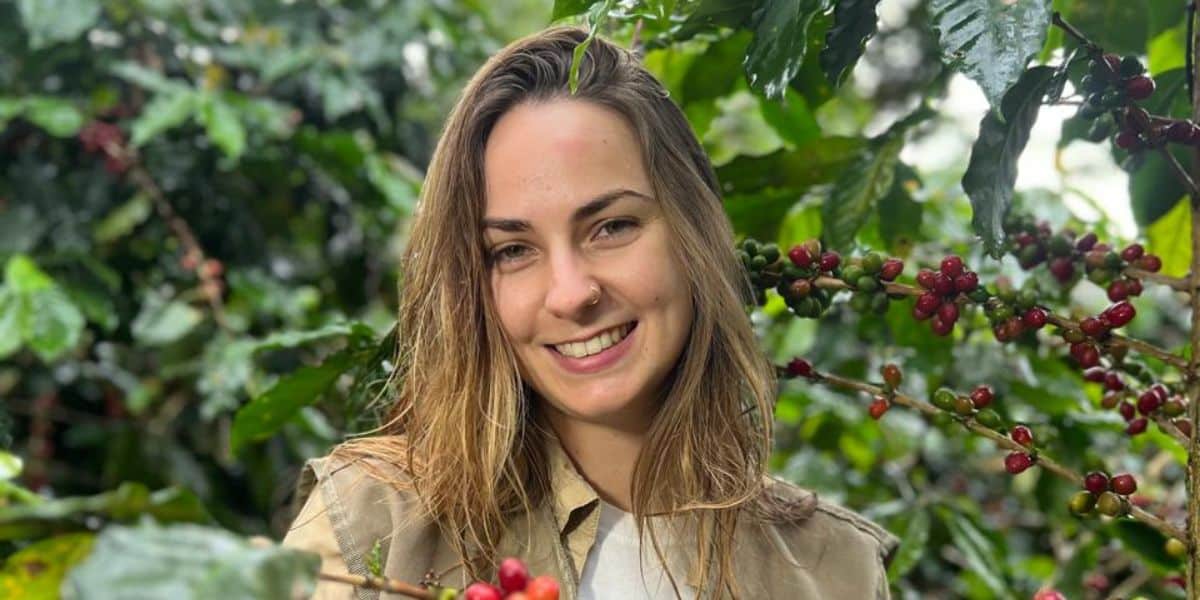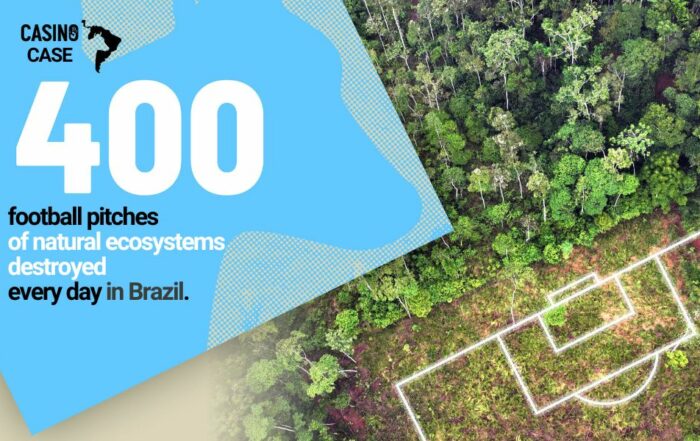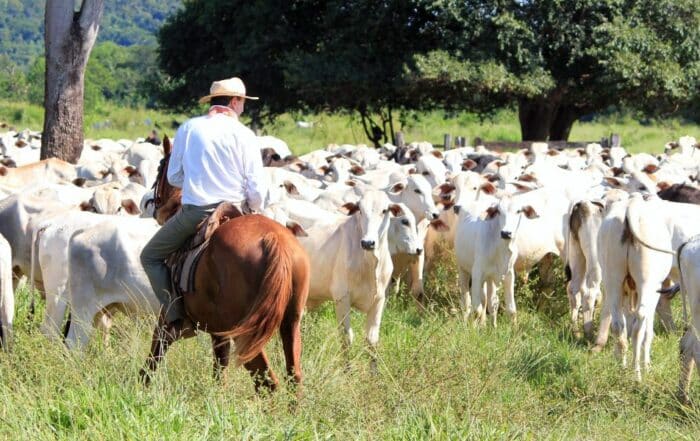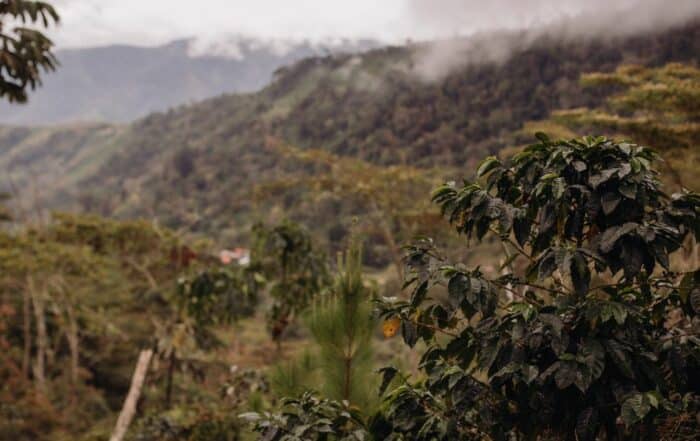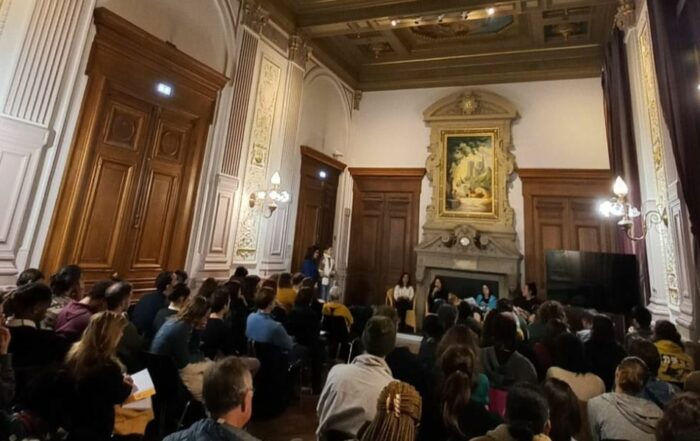Marion Imbert, Country Manager in Peru, she joined Envol Vert in 2022. For almost 4 years now, she has been managing projects in Peru from Lima.
What is your role at Envol Vert Peru?
As Country Manager and Coordinator of the ConBosque Peru project, I spend most of my time managing projects: supporting field teams, project development, fundraising, communication, strategy, representation, as well as administrative and financial tasks, which are essential to ensuring the success of the projects. I am the link between the local teams in Peru and the association’s headquarters in France.
What do you enjoy most about your work?
Being in the field! Spending time with the local teams and farmers, who are the real actors behind the project. Envol Vert is just a facilitator, an intermediary which aims to strengthen the capacities of local actors so that the impact of their actions is sustainable and inspires other farmers.I love talking with them, walking through their forests and fields, learning about their life stories, their journeys, and how they have seen the effects of climate change accelerate in just a few years. That’s what motivates me every day.
Why is it crucial to preserve existing forests?
More than crucial, it’s urgent to preserve both primary and secondary forests. They are the refuge and habitat of a very rich biodiversity, but also the home of many native and rural populations whose survival depends on them. Forests maintain ecological balance and are essential in the fight against climate change, which is causing more and more natural disasters, affecting the most vulnerable populations.
What are the main challenges of this decade?
For me, there are three major challenges:
There can be no climate justice without social justice.
A message of hope?
It’s not too late to take action. Everyone can contribute at their own level as Pierre Rabhi so beautifully said.Everyone has a role to play in the fight to preserve life on Earth. Collective action will be the key to move towards a more united and sustainable world.
Marion Imbert, Country Manager in Peru, she joined Envol Vert in 2022. For almost 4 years now, she has been managing projects in Peru from Lima.
What is your role at Envol Vert Peru?
As Country Manager and Coordinator of the ConBosque Peru project, I spend most of my time managing projects: supporting field teams, project development, fundraising, communication, strategy, representation, as well as administrative and financial tasks, which are essential to ensuring the success of the projects. I am the link between the local teams in Peru and the association’s headquarters in France.
What do you enjoy most about your work?
Being in the field! Spending time with the local teams and farmers, who are the real actors behind the project. Envol Vert is just a facilitator, an intermediary which aims to strengthen the capacities of local actors so that the impact of their actions is sustainable and inspires other farmers.I love talking with them, walking through their forests and fields, learning about their life stories, their journeys, and how they have seen the effects of climate change accelerate in just a few years. That’s what motivates me every day.
Why is it crucial to preserve existing forests?
More than crucial, it’s urgent to preserve both primary and secondary forests. They are the refuge and habitat of a very rich biodiversity, but also the home of many native and rural populations whose survival depends on them. Forests maintain ecological balance and are essential in the fight against climate change, which is causing more and more natural disasters, affecting the most vulnerable populations.
What are the main challenges of this decade?
For me, there are three major challenges:
There can be no climate justice without social justice.
A message of hope?
It’s not too late to take action. Everyone can contribute at their own level as Pierre Rabhi so beautifully said.Everyone has a role to play in the fight to preserve life on Earth. Collective action will be the key to move towards a more united and sustainable world.

